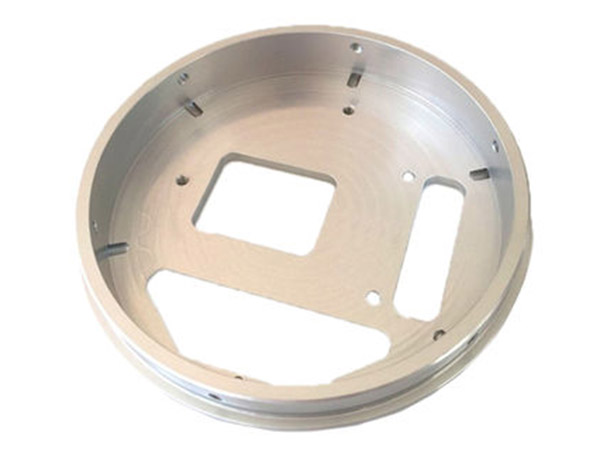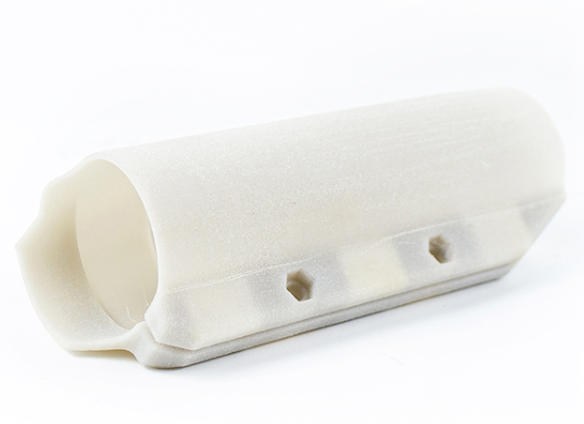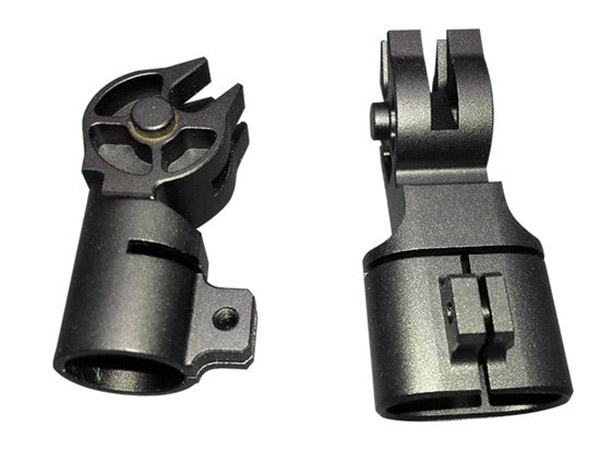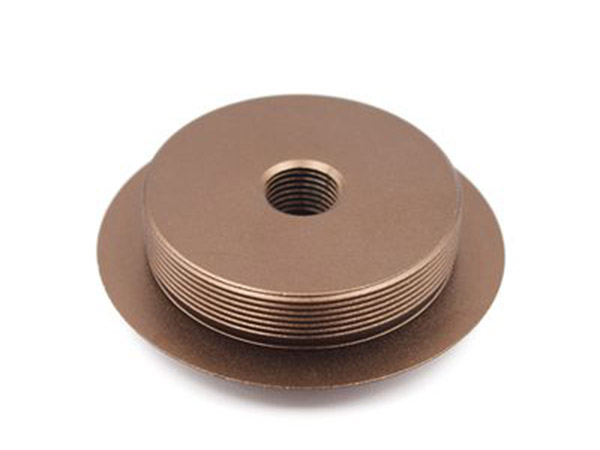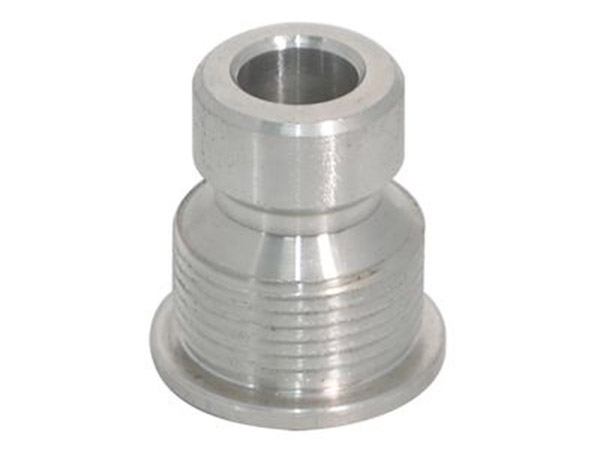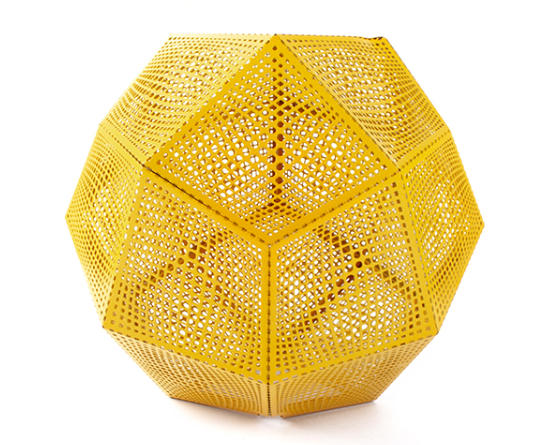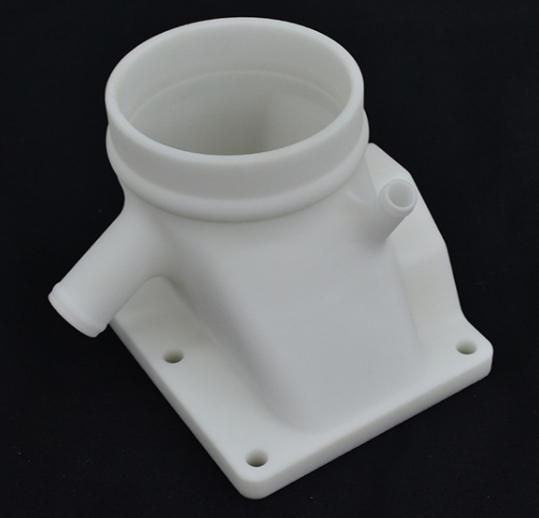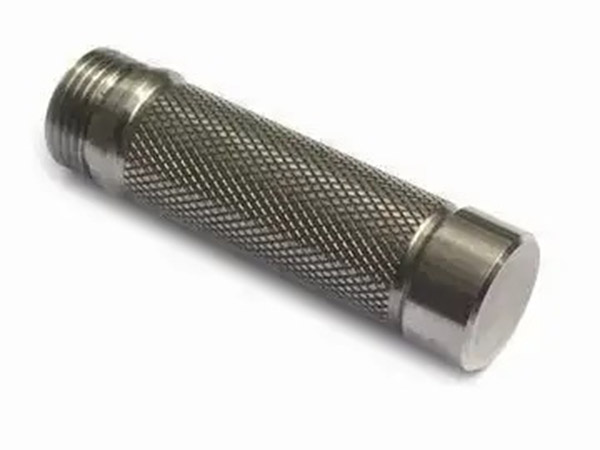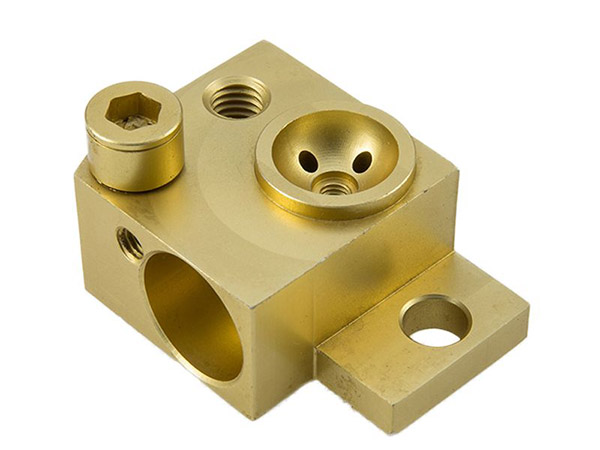Sekiranya anda sedang dalam pembinaan, Automotif, atau kejuruteraan mekanikal, anda mungkin pernah mendengar HSLA high strength steel. But what makes it stand out from other materials? Panduan ini memecah sifat utamanya, Penggunaan dunia nyata, Kaedah pembuatan, and how it compares to alternatives—so you can make smarter decisions for your projects.
1. Core Material Properties of HSLA High Strength Steel
HSLA (Kekuatan tinggi rendah aloi) steel gets its advantages from a unique mix of Komposisi kimia, sifat fizikal, dan sifat mekanikal. Mari kita pecahkan mereka dengan jelas:
1.1 Komposisi kimia
HSLA steel uses small amounts of alloying elements to boost strength without adding too much weight. The key components include:
- Karbon (C): Kept low (usually 0.05–0.25%) to maintain weldability.
- Mangan (Mn): Enhances strength and ductility.
- Silikon (Dan): Improves formability and resistance to oxidation.
- Elemen jejak: Chromium (Cr) dan Molybdenum (Mo) boost corrosion resistance; Nikel (Dalam) dan Vanadium (V) enhance toughness and fatigue resistance.
- Harmful elements like Fosforus (P) dan Sulfur (S) are minimized to avoid brittleness.
1.2 Sifat fizikal
These properties make HSLA steel easy to work with in manufacturing:
| Harta | Nilai tipikal |
| Ketumpatan | 7.85 g/cm³ |
| Titik lebur | 1450-1510 ° C. |
| Kekonduksian terma | 45 W/(m · k) |
| Pekali pengembangan haba | 13 × 10⁻⁶/° C. (20-100 ° C.) |
| Resistiviti elektrik | 0.20 μΩ · m |
1.3 Sifat mekanikal
The “high strength” in HSLA speaks for itself here. These values are why it’s used in demanding projects:
- Kekuatan tegangan: 400-700 MPa (much higher than plain carbon steel).
- Kekuatan hasil: 300-600 MPa (Menentang ubah bentuk kekal di bawah beban).
- Kekerasan: 120-200 HB (Mengimbangi kekuatan dan kebolehkerjaan).
- Kesan ketangguhan: 27–100 J at -40°C (performs well in cold environments).
- Kemuluran: 15-25% pemanjangan (boleh bengkok tanpa pecah).
- Rintangan Keletihan: Menahan 10 ⁷ Kitaran tekanan (Sesuai untuk bergerak bahagian seperti gear).
1.4 Sifat utama lain
- Kebolehkalasan yang baik: Low carbon content means no cracks during welding (critical for bridges and ship structures).
- Kebolehbaburan yang baik: Boleh digulung panas, Dingin-Rolled, atau dicap ke bentuk yang kompleks (perfect for automotive chassis parts).
- Rintangan kakisan: Alloying elements like Cr protect against rust (essential for oil and gas pipelines).
2. Real-World Applications of HSLA High Strength Steel
HSLA steel’s mix of strength, Berat ringan, and durability makes it useful across industries. Here are common uses with case examples:
2.1 Pembinaan
HSLA steel is a staple in building safe, struktur kos efektif:
- Komponen keluli struktur: Rasuk, lajur, dan membina bingkai (cuts weight by 20–30% vs. Keluli karbon biasa).
- Jambatan: The Golden Gate Bridge’s retrofitting used HSLA steel to improve earthquake resistance (case study: reduced maintenance costs by 15% setiap tahun).
- Bangunan bertingkat tinggi: The Burj Khalifa used HSLA steel for its core structure (allowed thinner columns, increasing usable space by 5%).
2.2 Automotif
Car manufacturers use HSLA steel to make vehicles lighter and safer:
- Vehicle frames and chassis parts: Reduces overall vehicle weight by 10–15% (improves fuel efficiency by 5–8%).
- Komponen penggantungan: Handles repeated stress without failing (case study: Ford F-150 uses HSLA steel for its frame, boosting durability by 30%).
2.3 Kejuruteraan Mekanikal
For machines that need strength and precision:
- Gear dan aci: Resists wear and fatigue (used in industrial motors, increasing lifespan by 25%).
- Bahagian mesin: Tolerates heavy loads (case study: A German manufacturing firm switched to HSLA steel for press parts, memotong downtime oleh 20%).
2.4 Saluran paip
Critical for transporting oil and gas safely:
- Saluran paip minyak dan gas: Withstands high pressure and corrosion (case study: Trans-Alaska Pipeline uses HSLA steel, operating for 40+ years with minimal leaks).
2.5 Marin
Tough enough for harsh ocean environments:
- Ship structures and offshore platforms: Resists saltwater corrosion and wave impact (case study: A Norwegian offshore rig used HSLA steel, mengurangkan kos pembaikan oleh 20% vs. Keluli tahan karat).
2.6 Jentera pertanian
Durable for rough farm work:
- Tractor parts, Bajak, dan Harrows: Handles wear from soil and rocks (case study: John Deere uses HSLA steel for plow blades, doubling their lifespan).
3. Manufacturing Techniques for HSLA High Strength Steel
Making HSLA steel requires precise processes to balance strength and workability. Begini bagaimana ia dilakukan:
3.1 Proses pembuatan keluli
Two main methods produce the base steel:
- Relau arka elektrik (EAF): Uses scrap steel and electricity (Kos yang lebih rendah, faster production—ideal for small-batch HSLA grades).
- Relau oksigen asas (Bof): Converts iron ore to steel (higher volume, used for large-scale HSLA production).
3.2 Rawatan haba
Heat treatment fine-tunes mechanical properties:
- Menormalkan: Heats to 850–950°C, then air-cools (improves ductility and toughness).
- Pelindapkejutan dan pembajaan: Memanaskan hingga 800-900 ° C., quenches in water/oil, then tempers at 400–600°C (boosts tensile strength by 30–50%).
- Penyepuhlindapan: Heats to 700–800°C, menyejukkan perlahan (mengurangkan tekanan, menjadikan pemesinan lebih mudah).
3.3 Proses membentuk
Turns steel into usable shapes:
- Rolling panas: Memanaskan keluli hingga 1100-1250 ° C, rolls into plates/sections (used for beams and pipelines).
- Rolling sejuk: Rolls at room temperature (creates thinner, smoother sheets for automotive parts).
- Menunaikan: Palu atau menekan keluli menjadi bentuk kompleks (digunakan untuk gear dan aci).
- Penyemperitan: Pushes steel through a die (makes hollow parts like tubes).
- Setem: Uses presses to cut/bend steel (ideal for chassis components).
3.4 Rawatan permukaan
Melindungi dari kakisan dan pakai:
- Galvanizing: Dips in zinc (prevents rust for 20+ tahun).
- Lukisan: Applies protective coatings (used in building frames).
- Tembakan letupan: Removes debris (prepares surface for coating).
4. How HSLA High Strength Steel Compares to Other Materials
Choosing the right material depends on cost, kekuatan, and use case. Here’s how HSLA stacks up:
| Bahan | Kekuatan (Hasil) | Rintangan kakisan | Berat (vs. HSLA) | Kos (vs. HSLA) | Terbaik untuk |
| HSLA Steel | 300-600 MPa | Baik | 100% | 100% | Jambatan, bingkai automotif |
| Keluli karbon | 200-350 MPa | Miskin | 105% | 70% | Bahagian tekanan rendah (kuku) |
| Keluli tahan karat | 250-500 MPa | Cemerlang | 100% | 300% | Peralatan pemprosesan makanan |
| Aloi aluminium | 100-500 MPa | Baik | 40% | 200% | Bahagian pesawat |
Takeaways utama:
- vs. Keluli karbon: HSLA is 30–50% stronger and more corrosion-resistant—worth the extra cost for safety-critical parts.
- vs. Keluli tahan karat: HSLA is cheaper (1/3 kosnya) and stronger, but stainless steel is better for wet environments (like marine use).
- vs. Aloi aluminium: HSLA is stronger (up to 2x) but heavier—choose aluminum for weight-sensitive projects (like aircraft) and HSLA for heavy loads (seperti jambatan).
5. Yigu Technology’s Perspective on HSLA High Strength Steel
Di Yigu Technology, we see HSLA high strength steel as a game-changer for industrial efficiency. Our engineering team often recommends HSLA for clients in construction and automotive because it balances performance and cost—cutting project weights while boosting durability. We’ve supported clients in optimizing HSLA-based designs, from pipeline components to tractor parts, and consistently see 15–25% improvements in lifespan and 10–20% reductions in maintenance costs. As industries shift to sustainable practices, HSLA’s ability to reduce material use (terima kasih kepada kekuatan yang tinggi) aligns with eco-friendly goals—making it a material we’ll keep prioritizing for our clients.
FAQ About HSLA High Strength Steel
1. Is HSLA steel easy to weld?
Ya! HSLA steel has low carbon content and controlled alloying elements, making it highly weldable. It rarely cracks during welding, which is why it’s used for large structures like bridges.
2. How long does HSLA steel last in outdoor environments?
Dengan rawatan permukaan yang betul (seperti galvanizing), HSLA steel can last 20–50 years outdoors. Contohnya, oil and gas pipelines made with galvanized HSLA steel often operate for 40+ years without major corrosion.
3. Can HSLA steel be recycled?
Sudah tentu. HSLA steel is 100% recyclable—just like other steel types. Recycling HSLA uses 75% less energy than making new steel, making it an eco-friendly choice for sustainable projects.
